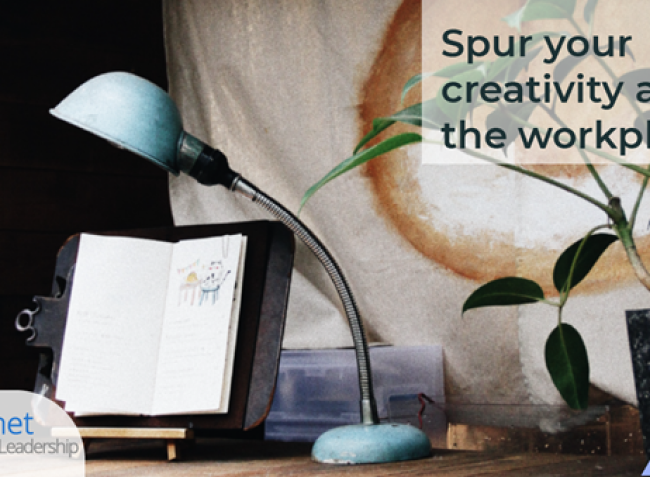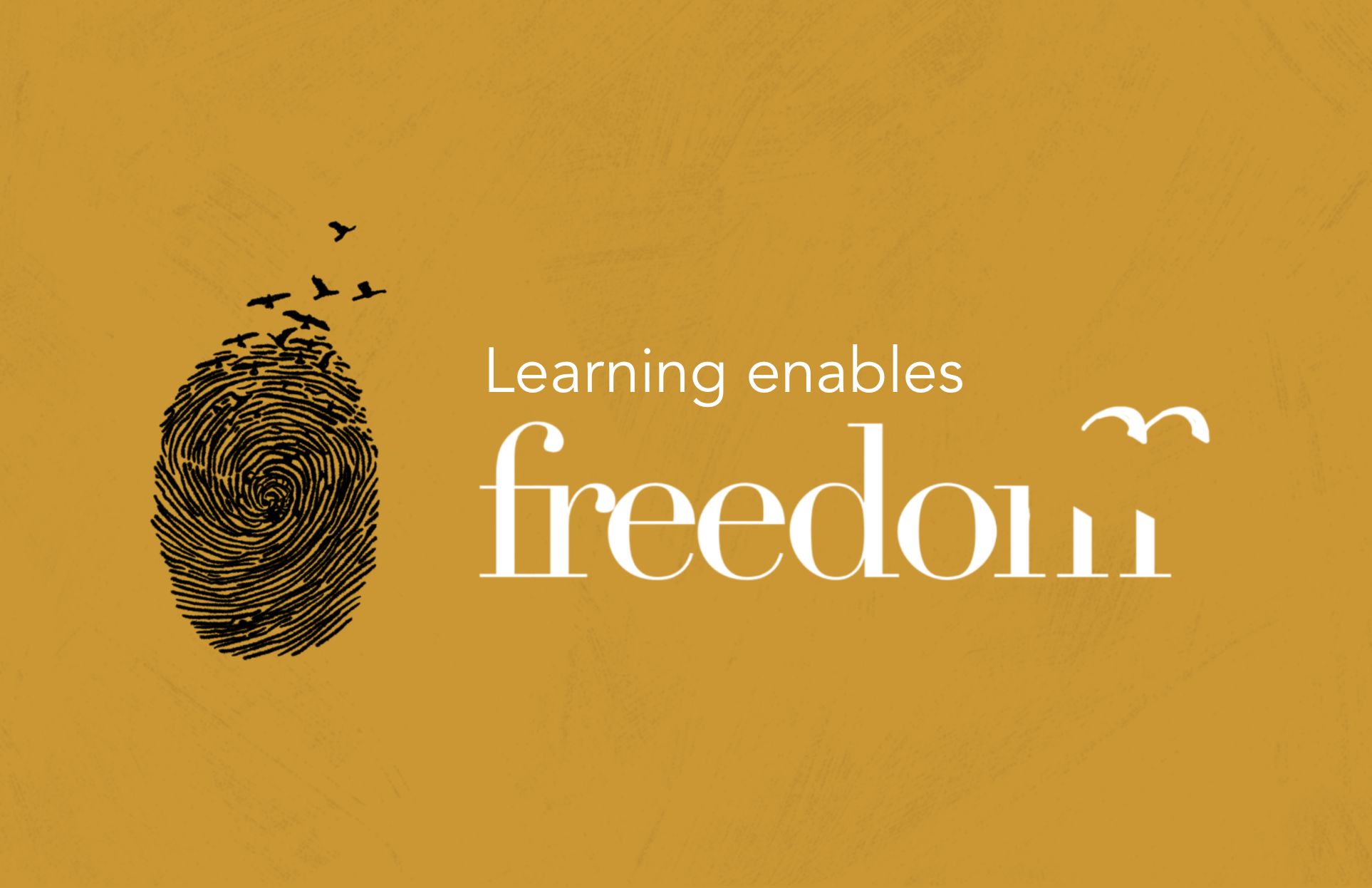Our Blog
Spurring Creativity at Workplace

While you must be living your life day-in and out and might feel bored with the activities getting mundane, don’t worry! While you read this article, you shall be able to develop a creative attitude towards any given challenge at hand.
“Creativity is piercing mundane to find marvelous”
~ Bill Mayers
While you must be living your life day-in and out and might feel bored with the activities getting mundane, don’t worry! While you read this article, you shall be able to develop a creative attitude towards any given challenge at hand. The popular social psychologist, Graham Wallas described in his book, “The Art of Thought” (https://www.brainpickings.org/2013/08/28/the-art-of-thought-graham-wallas-stages/)(1926) about the four stages, a mind goes through for any kind of creation. At the workplace, while you may find your work to be redundant, you may like to look at these stages which might help you to look at assignments with a different perspective. According to Wallas, a creative process is a combination of conscious and unconscious stages. There can be as many ways to complete a task , so why not spice-up with your creative genius to make it a fulfilling experience for yourself and others.1)
1. Preparation:
“A mind is like a parachute. It doesn’t work if it is not open.”
~ Frank Zappa
To get any creative insight from your brain, you need to create the right ground for it to germinate. At the beginning of any given project, it is important for everyone to keep their minds open. This means you should be open to receive any information related to the task from any nook and corner of the room. It is a conscious process where you need to do the groundwork. You can start by brainstorming with your colleagues or others in your company, which you might be already doing. Other than the working hours, just be open to gather relevant information from anywhere, who knows it can also come from looking at a vegetable seller while you are driving on the street back home!
2. Incubation:
“I think 99 times and find nothing. I stop thinking, swim in silence and the truth comes to me. ”
~ Albert Einstein
While you have prepared the right ground for the idea to germinate by collecting all the relevant information, now simply relax! You can either meditate, sleep, listen to a song or indulge in something which takes you away from continuously thinking about the task at hand. Though this stage is a dormant one, it forms the most important phase for the creative idea to take shape. The great scientist Einstein used to listen to classical music and play violin to get into that state of flow. Hence, you are basically incubating your mind to give birth to that creative idea required for excellence in the project.
3. Illumination:
“Eureka! Eureka!”
~ Archimedes
Once you have prepared the ground and sufficiently relaxed as mentioned in the above stage, you may get an ‘insight’ or ‘illumination’ anytime. This is equivalent to the ‘Aha’ or ‘Eureka’ moment which Archimedes got in the bathtub and he ran naked to announce his insight to the entire world. There is no specific time for it to come, but it’s like a sudden lighting of a bulb in a dark room. The connections in your brain will become crystal clear as water. If you are working in a team, there is a possibility of a ‘collaborative insight’ if the mind of every member goes through the above stages. Each of you may get surprised to see the interconnectedness between each other’s insight!
4. Verification:
“We all need people who will give us feedback. That’s how we improve.”
~ Bill Gates
Now that you have got the tool to crack the challenge at hand and might be celebrating victory of its manifestation, it is imperative to get an evaluation from the people around. Otherwise, it is work half done. Hence, you need to verify, take feedback within your team and your manager if that creation really provides an effective solution. In the feedback taking process, one should be vigilant about the internal and external customers for whom you shall be working on that idea. Wallas described this stage as a conscious one where you reach out to people for a critical analysis of your creation. If for any reason, the feedback doesn’t support customer satisfaction, one needs to go back to the preparatory stage again.
Suggested Blogs

Action Committees: A Micro Paper
What is an action committee? An action committee is a group of people within a department or different departments who work together temporarily (for a stipulated period of time or…
Learning Enables Freedom - Independence Day, August 15th Event
On this Independence Day, August 15th, as we approach our 75th year of independence, leaders from organisations, non-profit institutes, government school systems, and youth leaders from our Youth Leaders Program…


